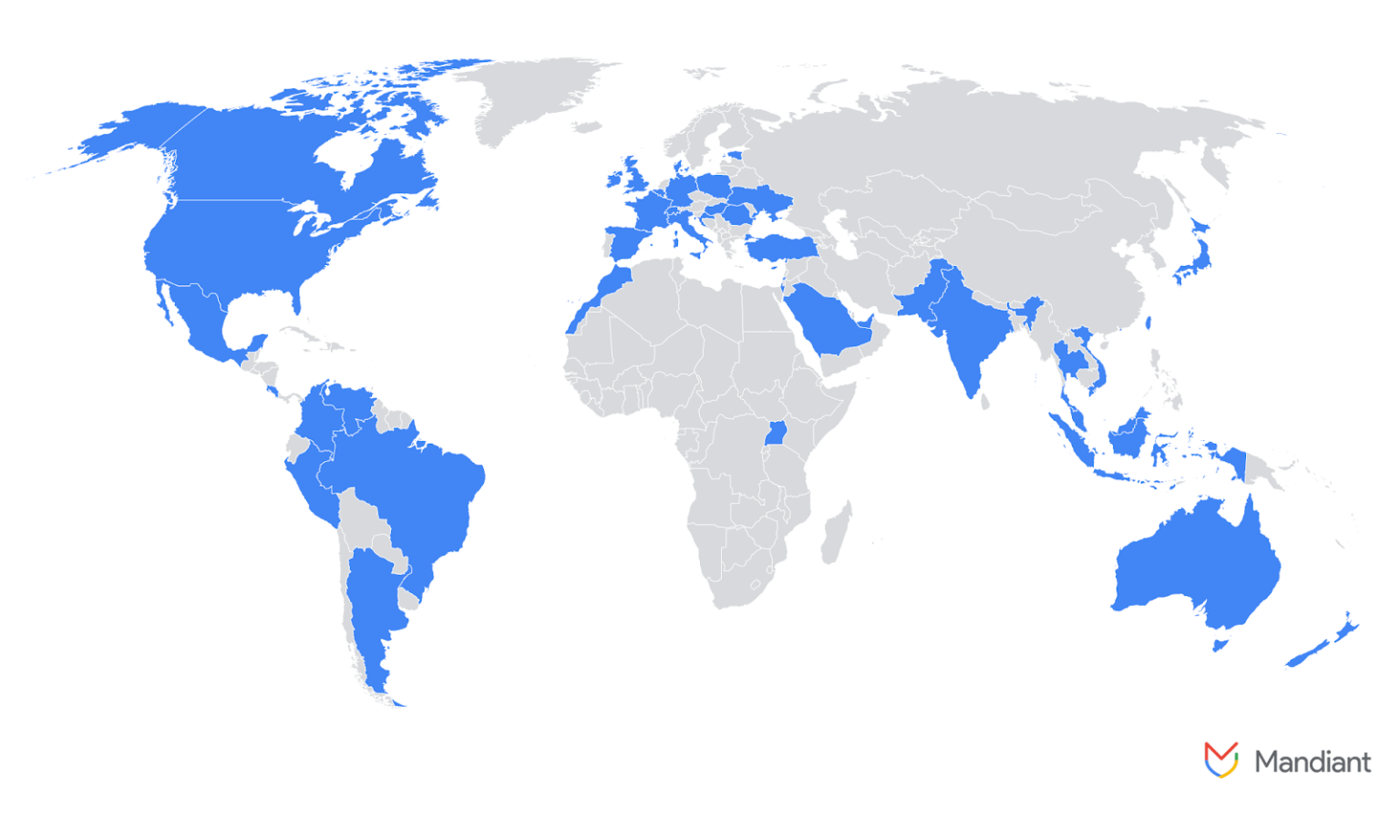North Korea-Linked IT Fraudsters Expand Global Network of Fake Identities, Warns Google
Google’s Threat Intelligence Group (GTIG) has revealed a concerning trend of North Korean IT operatives infiltrating blockchain companies across Europe, with a particular focus on the United Kingdom. According to Jamie Collier, a GTIG adviser, these operatives have adapted their tactics in response to increased scrutiny in the United States, shifting their operations to regions where oversight is less stringent.
The report exposes a complex network of fraudulent personas used by North Korean IT workers to secure employment in cutting-edge technology firms. These operatives masquerade as professionals from various countries, including Italy, Japan, Malaysia, Singapore, Ukraine, the U.S., and Vietnam, utilizing fake credentials and references to gain access to sensitive projects involving blockchain and artificial intelligence.
Activities identified by GTIG include the development of blockchain platforms using technologies such as Solana, Anchor, Cosmos SDK, and Rust, as well as the creation of a job marketplace utilizing the MERN stack and Solana. Collier warns that the presence of enablers within the UK suggests the existence of a broader support network facilitating the persistence of these fraudulent schemes.
The report also highlights a surge in extortion threats by dismissed North Korean IT workers since October. These individuals have resorted to threatening former employers with data leaks, aiming to sell proprietary information to competitors or expose internal project details unless ransom is paid. This escalation coincides with increased law enforcement actions targeting North Korean operatives, including recent indictments and sanctions by the U.S. Department of Justice and Treasury.
To combat fraudulent activities in the crypto space, Google UK has introduced stricter policies on crypto-related advertisements. Starting January 15, 2025, digital asset exchanges and wallet providers seeking to advertise in the UK must register with the Financial Conduct Authority (FCA). This move aligns with global efforts to enhance regulatory oversight of crypto promotions and protect businesses from cyber threats.
As cyber threats continue to evolve and regulatory scrutiny intensifies, UK-based crypto firms must remain vigilant to safeguard their operations from external and internal risks. The collaboration between industry stakeholders, law enforcement agencies, and regulatory bodies is crucial in combating illicit activities and ensuring the integrity of the digital asset ecosystem.

